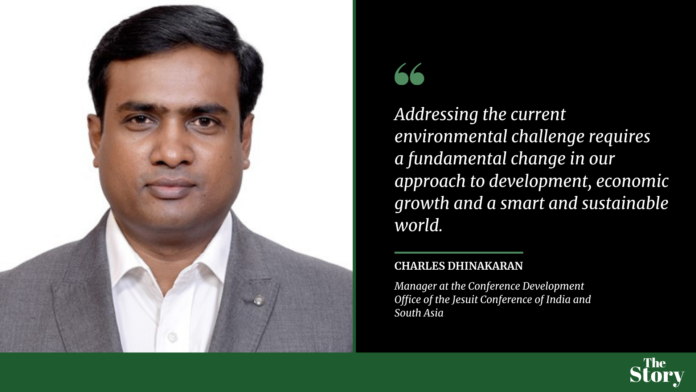Meeting our Eco-friends:
Manager at the Conference Development Office of the Jesuit Conference of India and South Asia, Charles Dhinakaran joins our interview series to discuss the nexus between international development, faith and ecology. Learn about the field-work of the JCI-SA on integral ecology and the political economy of sustainable development at this month’s edition of “the story”.
Qs: How would you introduce yourself? Tell us a bit about your background.
I am Charles Dhinakaran, originally from a Southern State called Tamil Nadu in India. A post graduate in Economics with more than 15 years of experience in the field of Development, Disaster Management and Policy Analysis and Development. I consider it a privilege to work mainly for the faith based organizations in India / South Asia and to be part of the transformative work done by these in the region. Currently, I am working as a manager in the Conference Development Office of the Jesuit Conference of India and South Asia based in New Delhi. During this time, my work has enabled me to work along diverse key stakeholders and to travel through South, West and East Asia, Central Europe and East Africa.
Qs: What made you develop an environmental consciousness? How has this evolved in relation to your faith?
My first encounter with the environmental question arrived when the concept of globalisation started to gain importance among governments in the South Asian region. This was the moment when a small number of activists and committed social workers first raised their voices against the environmental exploitation done by multinational corporations.
Attending a programme on nuclear energy and the harmful effects of an upcoming nuclear power plant in my state also oriented me towards ecology during my college days. In addition to this, studying environmental economics further shaped my views and perspectives in understanding these existing interrelations.
Being a part of a student movement during my college days also drove me to re-read the Bible from a socio-ecological perspective. It helped me acquire a broader and a more comprehensive vision of God’s creation. In this regard, I can quote two scripture portions from the Bible which directly pointed me towards ecology:
“The Lord God took the man and put him in the Garden of Eden to work it and take care of it” – Genesis 2:15
“Six years you shall sow your land and gather in its produce, but the seventh year you shall let it rest and lie fallow” – Leviticus 25:2-5
These verses make it very clear that God has given the stewardship to us humanity to take care of the world and everything that lives in it.
Beyond this, my early association with Jesuits Priests also had a strong impact on me. I developed a deeper understanding of the society, and this also helped me focus on contemporary issues, particularly on environment concerns.
Qs: The Indian subcontinent and South Asia are home to very diverse countries, ecosystems and developmental realities. Could you introduce us to the work of the JCI-SA in the field of justice and ecology?
South Asia covers diverse climatic zones and experiences a wide array of adverse effects derived from climate change. Human pressures together with changing hydrology and land resources have a particularly strong impact on the production of food grain and the resilience of local ecosystems.
Forests of South Asia, the most biologically diverse ecosystems in the planet, are being destroyed due to rapid deforestation and urbanization. Moreover, the South Asia suffers the worst case of air pollution in the world, and this problem acquires its most extreme form in India. In addition to this, the Thar Desert is extending at a rate of 100 ha per year which may cause damage to approximately 13,000 ha of cultivated lands and pastures in India and Pakistan.
Availability of freshwater is highly seasonal in this region, and water supplies become more and more threatened by higher temperatures, changes in river regimes, and a greater incidence of coastal flooding. The environmental issues in India are huge. Whether it’s the rapidly dropping water availability, mass deforestation, land degradation or river contamination, India faces it all and on a massive scale.

The Jesuit Ecological Network is the response of South Asian Jesuits to the devastating consequences on the most vulnerable (women, children, indigenous communities, the economically and socially marginalized, the displaced, refugees, etc.) of climate change and environmental destruction. Through individual, institutional and community based initiatives such as awareness creation, eco-education, organic farming, renewable energy, reforestation and the preservation of bio-diversity, monumental work is being done to preserve “our Common Home”. Ultimately, the Jesuit Ecological Network in South Asia is geared towards promoting a shared responsibility to care manifested in sustainable lifestyles and collective action.
On this, we has identified nine strategic priorities:
1. Renewable Energy
2. Eco-Education
3. Eco-Research
4. Eco-Spirituality
5. Climate Justice
6. Biodiversity Conservation
7. Sustainable Management of Natural Resources
8. Sustainable Agriculture
9. Policy Engagement and Influence.
Today, we operate in 8 states across India, in 9 provinces and across 12 network partners. Our work involves a number of initiatives like Tarumitra, Gujarat Jesuits Ecological Mission, Social Centre Ahmednagar, different biodiversity programs, water and ecology conservation initiatives and many more operating at diverse locations and at different scales across the region. Tarumitra has a special consultative status at UN ECOSOC and it has also played a key role in advocating for the environment in India and in the wider region.
Qs: Let’s talk about Sustainable Development Goals (SDGs). Today, humanity’s annual resource consumption almost doubles what Earth can replenish, why are we debating about income growth in the global south and not about international redistribution?
International redistribution has many benefits and has the power to transform the world, especially the lives of millions in developing countries, but the institutionalisation of this paradigm falls far beyond the ability of developing countries to shape international economics. It remains a distant dream, and the lack of political will from developed nations is one of the factors why this has not taken off. This is problematic because the application of SDGs, while global in nature, is limited only to individual countries across the globe. Developed countries can relatively easily comply. But, for developing countries, conflicting priorities and limited resources hamper progress towards those goals.
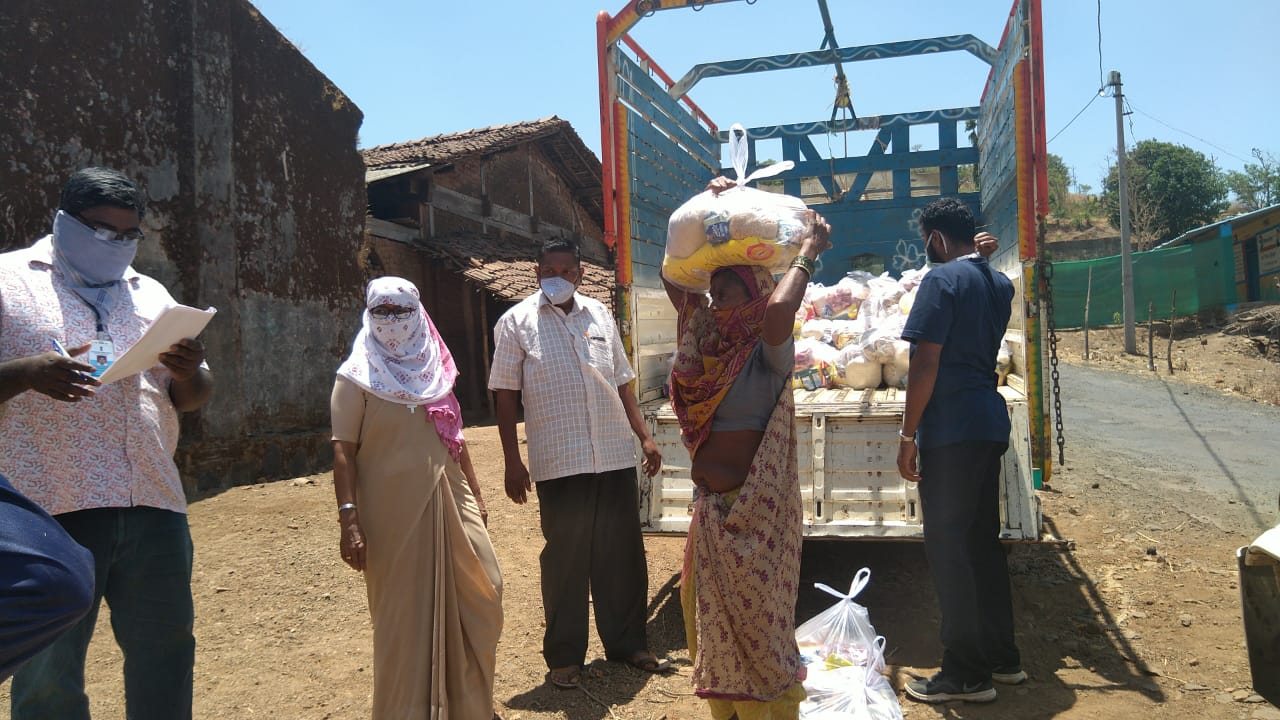
Beyond this, perhaps, we should also talk about bringing reform to the underlying metrics behind SDGs. Here it is worth mentioning the Gross National Happiness (GNH) model followed by Bhutan in South Asia. GNH is distinguishable from gross domestic product by valuing collective happiness as the ultimate goal of governance. By emphasizing harmony with nature and traditional values as expressed in the 9 domains of happiness and the 4 pillars of GNH. According to the Bhutanese government, the 4 pillars of GNH are:
- Sustainable and equitable socio-economic development
- Environmental conservation
- Preservation and the promotion of culture
- Good governance
The nine domains of GNH are psychological well-being, health, time-use, education, cultural diversity and resilience, good governance, community vitality, ecological diversity and resilience, and living standards. I think we all should aim at exploring the usage of a similar model for the rest of the world.
Qs: In relation to this topic, given how tightly coupled GDP is with resource and energy use, isn’t SDG 8 (Economic Growth) fundamentally incompatible with the environmental ethos of the SDG framework?
Yes, the goal and a number of targets set under the SDG 8 contradict with the environmental concerns of the SDG framework given existing developmental models and patterns across the globe. Many countries rely heavily on coal and fossil fuel for power generation and transport and, given the current scenario, this is a dangerous mismatch. To mitigate this, it would be advisable to emphasise strengthening skill-upgrading to enable people to create and access more sustainable economic sectors.
Qs: Why haven’t we seen a firm contestation of this framework by developing countries? Is domestic (social) pressure for (western levels of) material affluence too high to stop and question the international politics of resource mobilisation?
All developing countries have their developmental priorities and existing commitments to various internal goals and targets in addition to the SDGs. Moreover, a lot of them lack the required technology and human and material resources to bring about a sudden change to their developmental trajectory. Exiting the conventional development pattern is possible, but this requires from a lot of motivation from all key stakeholders involved to plan, take forward and materialise an alternative. Yes, there is certain amount of pressure for material affluence in the global south, and the general public should also be made aware of the environmental effects of this course of action.
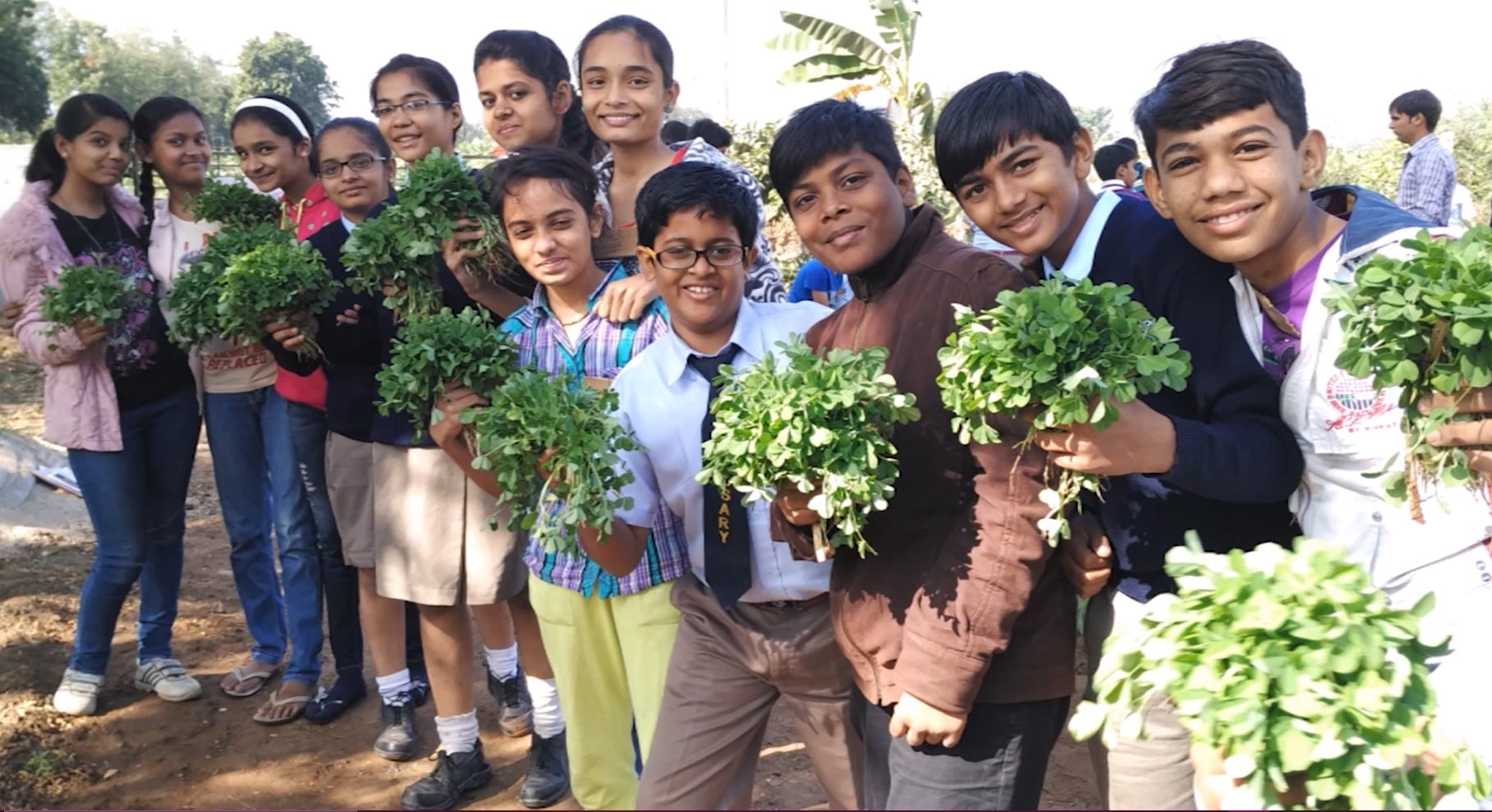
Qs: Beyond income, technological inequality is also central when explaining the lack of advancement against climate change. With development being tied to larger energy consumption, due to poor technological capabilities, projections show fossil fuel-centric futures in Africa and Asia. Is decarbonisation a possibility only for the rich?
Technology plays a very vital role in our daily lives and in international development. Decarbonisation is possible for all. However, adopting new technologies and abandoning old ways takes time. Technological upgrading involves heavy investment and the related infrastructure creation. While a sudden shift is not currently possible, a gradual transition by prioritizing the most polluting sectors of the economy is definitely an option.
This will require political will, huge resources and a serious facilitation push from the international community. As a starting point, developing nations can undertake a Science, Technology and Innovation (STI) policy review with the help of UNCTAD to monitor their respective technological realities and take appropriate policy measures. In our region, the APCTT (Asia Pacific Centre for Technology Transfer) also provides technology transfer services, and this tool can be used to boost environmentally friendly technologies in Asian countries.
Qs: Industrial (manufacturing) weight has traditionally been the driver of poverty-alleviation by allowing agricultural labour to transit to high-productivity sectors. Due to the skills required to operate them, modern technology and robotics now threaten this social ladder, and this has led to an increasingly non-inclusive growth in the developing world. What would you envision as a possible solution for a scenario in which, as in this case, the social and ecological are at odds with each other?
A balanced developmental approach is important for any society or nation. Neglecting a large section of the population and moving ahead with technological advancement will further enlarge the gap between the rich and the poor. And this could result in conflict. The future of development should primarily focus at poverty alleviation and work towards social equity. There is nothing wrong in adopting modern technology and robotics, but this has to be looked into through different variables: the need for such technologies given the human resources at hand, the specific role that they play within a particular sector, their environmental impact etc.
It is very important for developing countries to remain focussed on labour intensive strategies to provide employment and a living to the many. Since agriculture plays a major role in the global south, a focus on reviewing and strengthening the sector will address some of the perennial problems of the region (poverty, etc.).
A focus on empowering this sector will go a long way in reshaping existing developmental trade-offs and ensure income for the people at the last mile. This being said, there is a fundamental need to review the existing development paradigm to accommodate a holistic developmental perspective which better conjugates technology, shared social progress and ecological concerns.
Qs: At the international stage, Pope Francis has undoubtedly played an important role as an ambassador of the needs and aspirations of the Global South. From your perspective, what do you feel it requires more emphasising within the global ecological debate?
Laudato Si Goals and the Economy of Francesco initiated by Pope Francis emphasize the need to focus both on social and ecological dimensions of the economy. This path will tremendously benefit the global society as a whole while also help address existing and emerging environmental issues around the world. An emphasis on reviewing the current development paradigm which is purely profit oriented and reflecting on the Gross National Happiness model of Bhutan will be my recommendations for bringing about the desired change on a global scale.
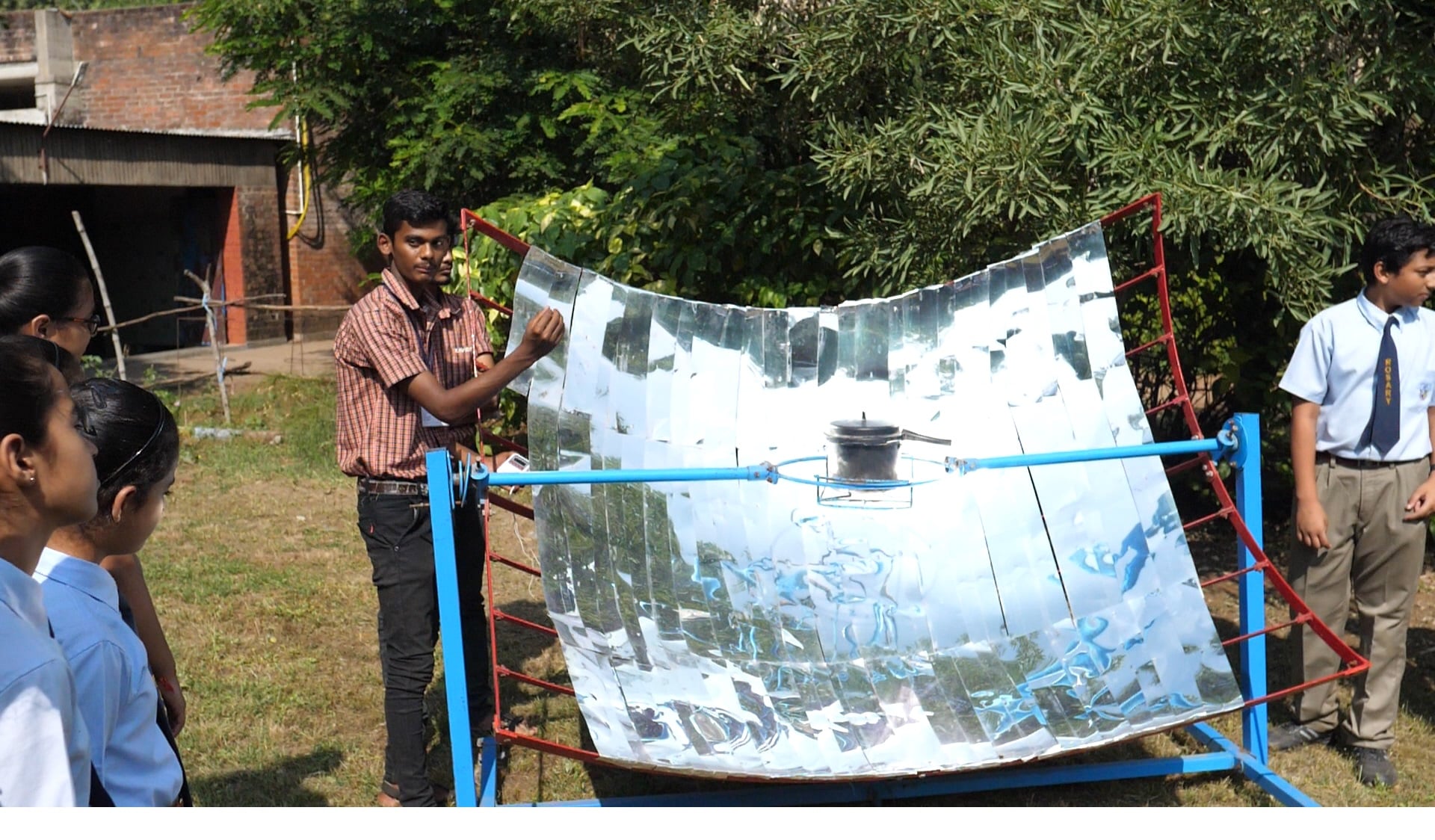
Qs: Ecology knows no borders and the environmental sustainability conundrum can only be solved through transnational solidarity and fraternity. Do you see this scenario as critical juncture through which faith can re-gain momentum as a bridge-builder in a politically fractured world?
Yes. Faith can play a significant role in bringing about transnational solidarity to address the environmental sustainability conundrum we face. Eco-spirituality connects the science of ecology with spirituality. It brings together religion and environmental activism. Promoting Eco-spirituality not only will go a long way in fostering change to lifestyles, but also impulse reform in other spheres of the economy and society.
Qs: Let’s conclude addressing a fundamental political variable. Since rich countries possess the technology and are responsible for around two-thirds of the global consumption aggregate, solving the current environmental conundrum depends, largely, on their will to embrace change. What message would you send to their leaders?
It is very important for the global north to act now. Since they have the resources and the will power to bring about the desired changes, it will be much easier for them to materialise the necessary adaptation at the policy level. This will have a ripple effect on a global scale and developing countries will also later align themselves with these models and examples.
Currently, there are tremendous efforts put in mainstreaming climate change adaptation, disaster risk reduction and into development planning. Yet, while this development is unequivocally positive, this might end up not being sufficient. Addressing the current environmental challenge requires from a fundamental change in our approach to development, economic growth and a smart and sustainable world. This is where the concept of transformational adaptation pitches in. Transformational adaptation can be defined as an “adaptation that changes the fundamental attributes of a system in response to nature and its effects”.
In other words, improving resilience by changing the way existing entities are organized. More specifically, transformability is usually defined a “the capacity to create a fundamentally new system when ecological, economic, or social structures make the existing system untenable”. This is the kind of frame and level of ambition that we need.
Thank you very much for providing us all with a very valuable insight, and thank you for accepting our invitation to participate in our series.
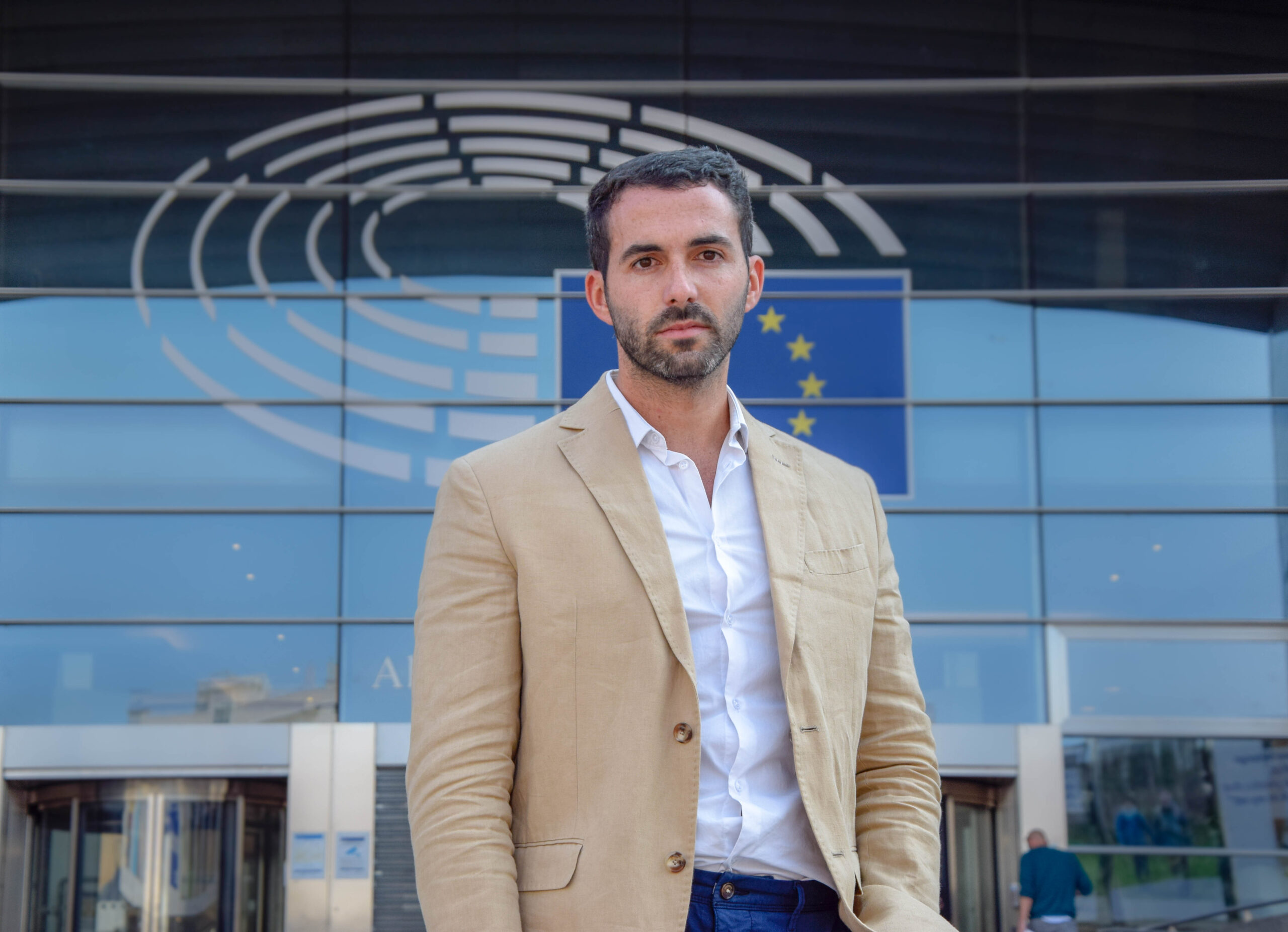
Interview by Telmo Olascoaga
JESC Junior Ecology Officer

